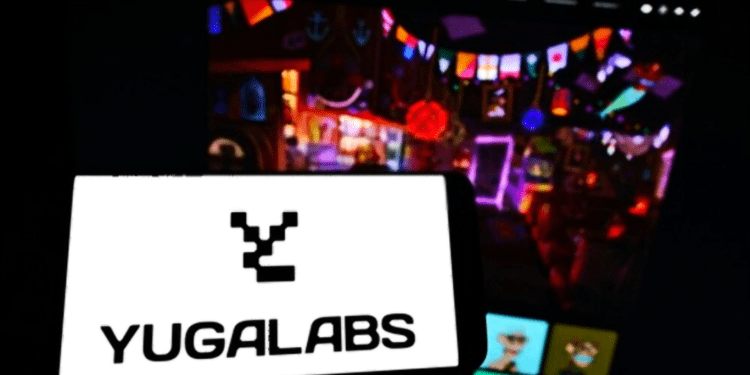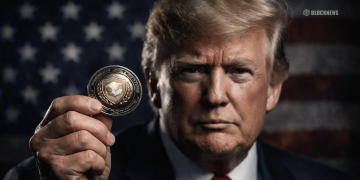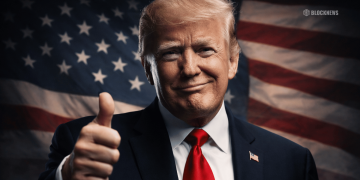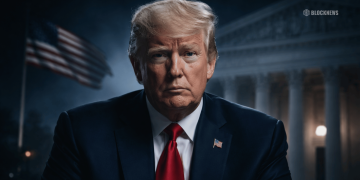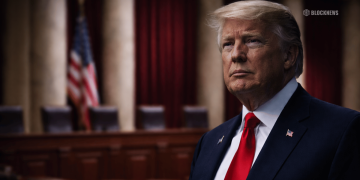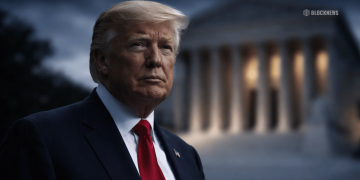The Securities and Exchange Commission (SEC) is investigating whether Yuga Labs, creator of the popular NFT collection ‘Bored Ape Yacht Club,’ sold his digital assets in violation of federal law.
The SEC announced that specifically non-fungible tokens of the Miami-based company would be more stock-like. These were the comments from an unknown person in the investigation.
The primary Wall Street regulator is investigating the distribution of the ApeCoin given to owners of the Bored Ape Yacht Club and related NFTs.
Yuga has not been charged with wrongdoing yet; just because the SEC investigation has been launched does not mean the authorities will sue the company.
This is Yuga’s statement to Bloomberg;
“It is well known that policymakers and regulators are eager to learn more about the new world of Web3. We believe that the “Yuga, as the universe’s leader, aims to cooperate with any request fully.”
The SEC Wants to Regulate Cryptocurrency
Gensler has repeatedly stated that institutions should regulate most crypto assets because they exhibit the characteristics of securities as defined by Supreme Court rulings of the 1940s.
In 2022, regulators filed dozens of enforcement actions against digital asset firms for failing to register their offerings, including a $50 million fine against BlockFi Inc. in February.
Founded in 2021, Yuga Labs has grown to become one of the most recognized brands in the cryptocurrency industry. Its cartoons and monkey NFTs are symbols of coveted status. They have buyers, including celebrities Jimmy Fallon and Madonna, often fetching hundreds of thousands of dollars.
NFTs are digital assets that indicate the proprietorship of items such as paintings or sports memorabilia. The token also serves as proof of authenticity that cannot be duplicated.
SEC Eyeing the NFT Market: The Howey Test
Bloomberg News reported in March that the SEC is conducting an extensive investigation into the NFT market, including the cryptocurrency exchanges on which it trades. As part of this review, the SEC is investigating so-called fractional NFTs. In this fractional NFT, assets are divided into units that can be easily traded.
SEC is investigating whether the ApeCoin was distributed to certain owners of Bored Ape NFTs in March. ApeCoin offers holders leverage over another crypto-native entity known as a Decentralized Autonomous Organization (DAO).
The idea was to help the Bored Ape community shape their vision of a decentralized blockchain-powered internet. Venture capitalists refer to this as Web3. The Bored Ape DAO uses blockchain to enable and record votes on decisions related to community governance.
An important question is whether NFTs are securities in a power sense. The SEC uses what is called the Howey test. This dates back to 1946 when the U.S. Supreme Court decided whether something is a security.
Under this framework, assets generally fall within the scope of a government agency when an investor puts money in to fund a business to profit from the leadership efforts of the organization.


